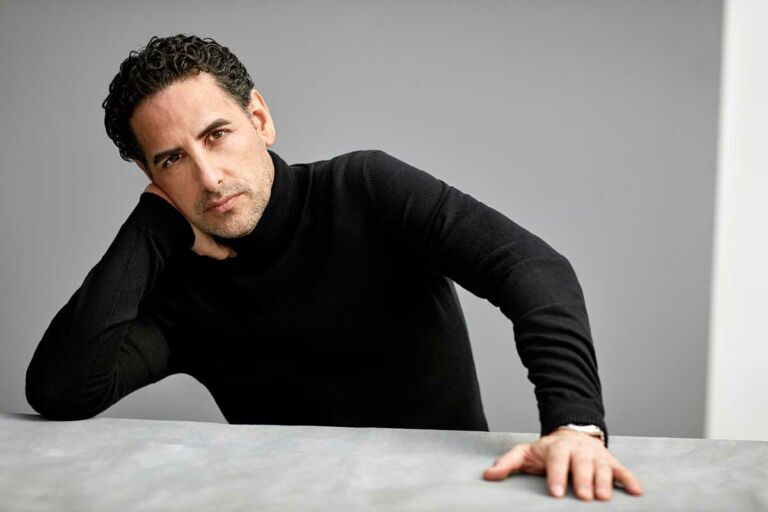Edward Elgar’s song cycle Sea Pictures is indelibly linked in my mind to three British singers – contraltos Clara Butt and Kathleen Ferrier and mezzo Janet Baker.
But after her appearance with Sydney Symphony Orchestra conducted by Donald Runnicles perhaps American mezzo Sacha Cooke should be added to my list.
This is a truly magnificent performance, the two-time Grammy Award winner showing the thrilling rich timbre of Baker, Ferrier’s superb diction and sensitivity and Butt’s powerful chest voice.
At no time is she in danger of being swamped by the large orchestra, augmented by the organ to lend some rumbling low-down grunt to the frequent stirring climaxes.
She engages her audience, stepping forward to emphasise the text or share a tender moment – “closely let me hold thy hand” from In Haven (Capri), the second song from a poem written by Elgar’s wife Alice, is an example.
Then she’ll throw back her shoulders for the ringing high notes of the last verse of English-born Australian poet Adam Lindsay Gordon’s The Swimmer, in which the narrator describes riding the ocean’s “brave...
Continue reading
Get unlimited digital access from $4 per month
Already a subscriber?
Log in










Comments
Log in to start the conversation.